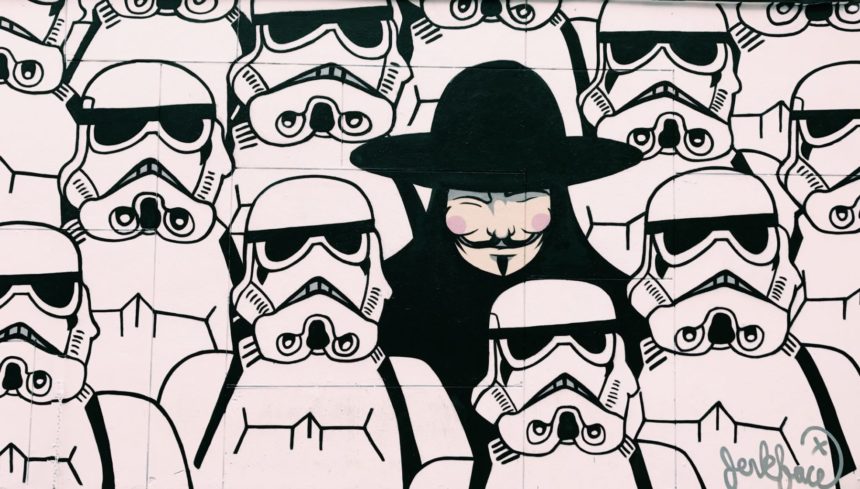Violence Is Not Man’s Nature
“Violence is man’s conditioning which was unavoidable through the process of his evolution from beastly life. Beast is to be pardoned because violence is unavoidable in its life. Man cannot be pardoned, because violence is his choice; it is not inevitable when he chooses violence.
“Violence is inevitable for beasts, it is a responsibility for man. It is a fact for beasts, for man it is merely a historical memory. It is the present for beasts, it is past for man.
We have the choice in front of us. Man can take a decision to be nonviolent; he can take a decision to be violent also. That is why when a certain person takes a decision to be violent, no beast can compete with him.
“Really, no beast can be as violent as a man can be, because a beast is violent by nature while man becomes violent by planning. So, even after a thorough search among beasts, we cannot get such violent beasts as Genghis Khan, or Taimur, or Nadir, or Hitler.
“If we consult the history of beasts and ask them if they had parallel examples they would reply, ‘We are very poor in that, we do not have any memory – any record – in this matter.’ It is very interesting to know that no animal except man becomes atrocious towards its own fellow-members. No animal kills another animal of its class, does not commit violence towards it. This distinguishing feature is also there in the violence of animals.
Man is the only animal who kills other men.
“It is interesting to know that if an Indian wolf is left near a Pakistani wolf, it will not harm the other, but to keep an Indian near a Pakistani is full of danger. Language experts say this is perhaps due to difference in language.
“The opinion of the linguists seems to be true. They say, as both the wolves do not speak any language, the Pakistani wolf does not speak Urdu and the Indian wolf does not speak Hindi, so they do not know they are foreigners. But man from one province becomes a foreigner in another province. If what the linguists say is correct and I feel there is truth in it, we shall be compelled one day to make man speechless – silent – so as to make him a human being. Perhaps it would be difficult to create humanity without being speechless in the world.
Man is rational only in the sense that he rationalizes his follies, he is not rational in any other sense.
“Aristotle definitely said Man is a rational animal but the history of man uptil now does not prove it. History has disproved Aristotle. Man seems intelligent only in one thing and it is this, he is trying to rationalize his follies. Even when he kills someone he rationalizes his action. He says I shall have to kill him because he is a Mohammedan; he is a Hindu, he is not an Indian, he is a Pakistani etc. As if it is a sufficient cause for being killed to be a Pakistani or enough to kill a person if he is a Mohammedan.
“Man finds out a cause to kill, such as this man is rich, he should be killed, this man is a communist, he should be killed. When old causes become worthless, new ones are being found out: ‘Let us find out new ones. Let us start dividing them into the rich and the poor. Let us have a class-war.’
Thus when man wants to commit violence, to kill, he conveniently finds out causes.
“Animals never kill without a cause. I am telling you this that if we understand violence of man we shall see that man becomes violent without any cause. So violence is his choice and that is why no animal can become as cruel and violent as man can be. To be violent is simply the nature of animals, it is not its choice, that is why there can be a Nadirshah and there can be a Mahavira among mankind. Nonviolence is not the choice of animals but man has to make a choice of nonviolence.”
To continue reading and see all available formats of this talk:
Osho, The Art of Dying, Talk #1 – Know How To Live

